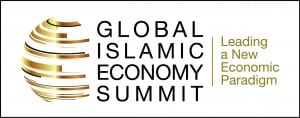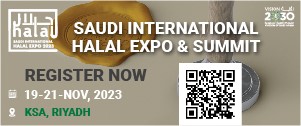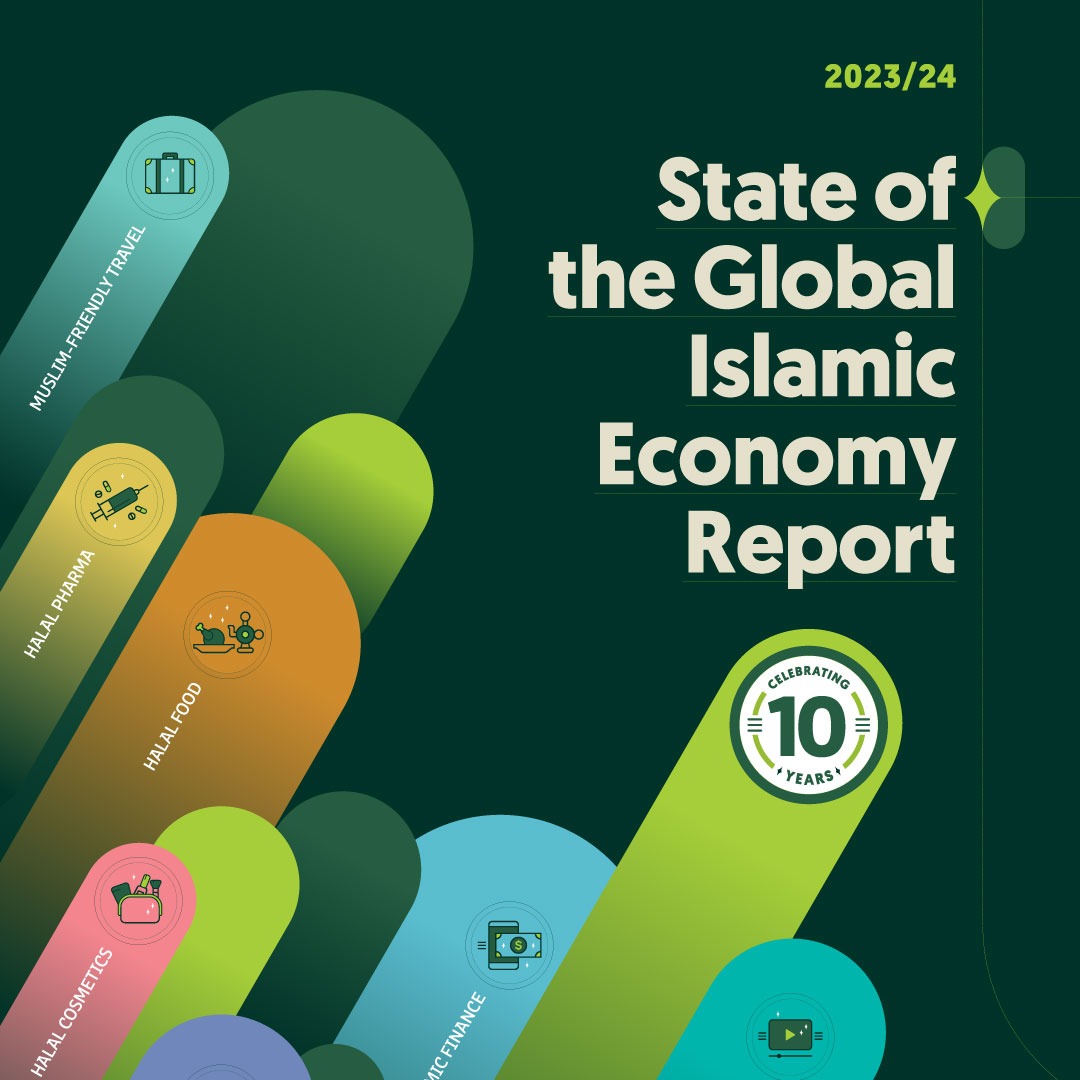Summit will shape the future of the $8 trillion Islamic economy
 DUBAI, UNITED ARAB EMIRATES, 12 August, 2013 – Dubai Chamber of Commerce & Industry in partnership with Thomson Reuters, the world’s leading source of intelligent information for businesses and professionals, announced that the Global Islamic Economy Summit will be held on 25th & 26th November 2013 in Dubai, United Arab Emirates.
DUBAI, UNITED ARAB EMIRATES, 12 August, 2013 – Dubai Chamber of Commerce & Industry in partnership with Thomson Reuters, the world’s leading source of intelligent information for businesses and professionals, announced that the Global Islamic Economy Summit will be held on 25th & 26th November 2013 in Dubai, United Arab Emirates.
With a consumer base of 1.6 billion Muslims, much has been said about the significance of the Islamic world and the promise it holds for economic growth and profitability. Yet very little transformative dialogue has been undertaken to assess the scale of opportunities and challenges within the global Islamic Economy.
Under the patronage of His Highness Sheikh Mohammed Bin Rashid Al Maktoum, Vice President and Prime Minister of the United Arab Emirates and Ruler of Dubai, the Summit will gather leading thinkers, policy makers and stakeholders from around the world to moderate a meaningful and critical evaluation of the Islamic Economy.
The Summit will initiate critical dialogue on the development of the integrated sectors of the Islamic Economy, covering Islamic financial services, halal manufacturing and related lifestyle sectors. The event will feature the launch of several innovations relating to the Islamic Economy, including ground-breaking market studies and announcements from Dubai: Capital of Islamic Economy.
 Commenting on the launch, Mohammed Abdullah Gergawi, Minister of Cabinet Affairs, United Arab Emirates and Chairman of the Executive Office of His Highness Sheikh Mohammed Bin Rashid Al Maktoum, Chairman of Dubai’s Islamic Economy Higher Committee said:
Commenting on the launch, Mohammed Abdullah Gergawi, Minister of Cabinet Affairs, United Arab Emirates and Chairman of the Executive Office of His Highness Sheikh Mohammed Bin Rashid Al Maktoum, Chairman of Dubai’s Islamic Economy Higher Committee said:
“As part of the ‘Dubai: Capital of Islamic Economy’ initiative, the Global Islamic Economy Summit 2013 offers that one point of focus highlighting a world of opportunities in the Islamic Economy. And Dubai is uniquely positioned to take advantage of those opportunities, the geographic and economic nexus of the Islamic world and a melting pot of citizens from hundreds of countries and dozens of cultures.”
 H.E. Abdul Rahman Saif Al Ghurair, Chairman, Dubai Chamber, said:
H.E. Abdul Rahman Saif Al Ghurair, Chairman, Dubai Chamber, said:
“As a growing global business and leisure destination, Dubai is an ideal choice to become the capital of the Islamic economy. The UAE is already one of the biggest markets in the region for Islamic banking and we see major opportunities to enhance the halal food industry, develop trade policies and commercial laws, and Islamic tourism among other sectors. The Global Islamic Economy Summit will be the ideal platform to explore these ideas and begin a constructive dialogue for future growth and development.”
Russell Haworth, Managing Director, Middle East and North Africa, Thomson Reuters, said:
“The emergence of an Islamic Economy as a definable economic paradigm opens up a new horizon of opportunities that, if nurtured, can bring tremendous benefits for societies all over the world.”
Sayd Farook, Global Head of Islamic Capital Markets, Thomson Reuters, commented:
“In the current global economic climate, the search for new underserved markets has brought a fresh spotlight onto the Muslim world, and especially with regard to Islamic Finance and the Halal food and services sectors. The convergence of these two Shariah compliant industries is likely to be a new engine of growth that engages both the Muslim and non-Muslim world.”
The Summit will cover six major pillars of the Islamic Economy:
- Islamic Finance (Islamic banking; Islamic asset management; takaful & retakaful; sukuk & capital markets and Waqf endowments
- Halal Food (agriculture, ingredients & manufacturing; retail; logistics; research & product development and food services)
- Halal Lifestyle (cosmetics; personal care; pharmaceuticals; fashion; entertainment; art & design and media)
- Family Travel (hospitality; tourism; meetings incentives conferences & exhibitions (MICE); healthcare and Hajj/Umrah)
- SME Development (technology & innovation; venture capital financing; incubation and training)
- Islamic Economy Infrastructure (training & education; compliance; standardisation; research; Muslim consumer marketing & research and government services)
For further information, please visit www.globalislamiceconomy.com



